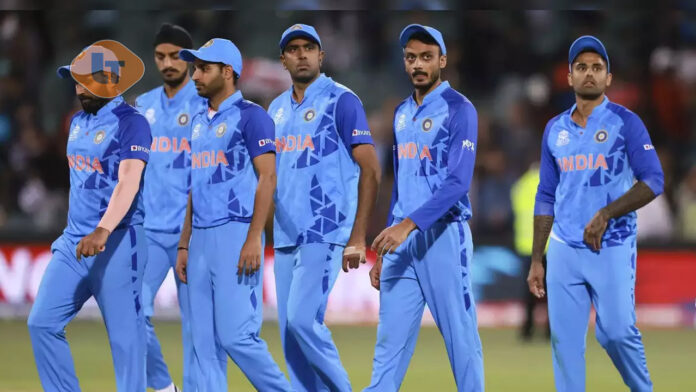The International Cricket Council (ICC) announced on Tuesday that it will be implementing stop clocks between overs in men’s one-day and T20 internationals in order to accelerate the pace of the game. This decision was made during a meeting of the ICC board in Ahmedabad, India, and the trial period will take place from December to April.
If the bowling team fails to begin the next over within 60 seconds of the completion of the previous over, a five-run penalty will be imposed on the third occurrence within an innings. The ICC stated in a press release that the clock will be utilized to regulate the time taken between overs.
The issue of slow-over rates in limited-over cricket has long been a concern, leading the ICC to introduce penalties in both men’s and women’s cricket last year. Currently, if the fielding team fails to start the final over within the specified time, they are penalized by having one fielder positioned outside the 30-yard circle.
In addition to these penalties, teams are also subjected to fines for slow over-rates. Stop clocks are already employed in various other sports, such as tennis, with the aim of expediting the games.
The need to speed up play in cricket gained attention after Sri Lanka’s Angelo Mathews became the first batsman to be dismissed “timed out” in an international match during the recent World Cup. Mathews was declared out when he failed to take strike within the allotted two minutes during Sri Lanka’s group match against Bangladesh. Despite his argument regarding a problem with his helmet strap, the umpires upheld the decision as Bangladesh chose not to withdraw their appeal.


















